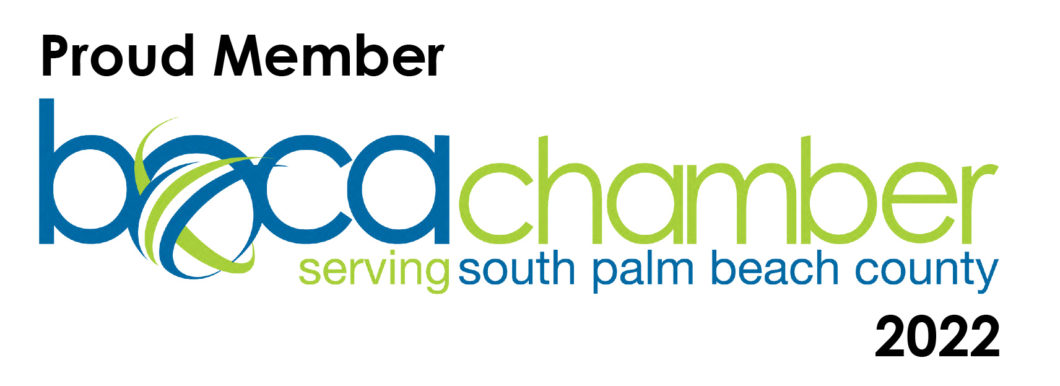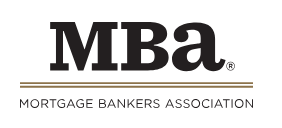The main concerns for Florida’s community associations as they face ever-increasing demands from members to reopen their common areas should be health, safety, and liability. Florida’s community associations should strive for a slow but steady re-opening of areas commonly visited by tenants.
Governor DeSantis’ Phase 3 order mostly applies to businesses, it does not overrule the authority of a county or city from imposing or maintaining its pandemic ordinances pertaining to community associations. If an association is planning to reopen a common area, it should pass a board resolution and/or emergency rules with procedures similar to the requirements of the Governor’s Executive Orders, local orders in your jurisdiction, and health guidelines from the Center for Disease Control (“CDC”).
The pandemic is here to stay and most community association insurance policies do not cover COVID-19/infectious disease transmission. Neighborhood associations must find a balance between reopening common areas and mitigating the liability risk. As part of a community association’s emergency rules authority, requiring members and guests to sign an attorney-drafted release and hold harmless agreement as a pre-condition for using the common areas is a good idea. However, releases and hold harmless agreements will not entirely protect associations from being sued and/or exposed to possible liability. The best way to avoid liability is to not maintain conditions at your community association that contribute to spreading the virus. Therefore, regardless of requiring releases and hold harmless agreements, community associations must strictly adhere to state and local ordinances, as well as CDC guidelines.
PB County moved to Phase 3 on Friday, allowing bars, nightclubs, concert venues, and a variety of other establishments to open and operate.
With the exception of Palm Beach County Emergency Orders Nos. 2020-012 (facial coverings) and 2020-017 (enforcement), as extended and as may be amended, all prior Palm Beach County emergency orders imposing COVID-19 related restrictions on individuals, businesses, and/or establishments have been repealed and replaced with the instant Order.
All restrictions on the operating hours of businesses in Palm Beach County have been lifted as of Friday. However, Palm Beach County Mayor Dave Kerner said, there is no question that the county can continue to limit capacity for certain businesses.
Here are some common questions and their answers.
Is Palm Beach County exempt from the Governor’s Executive Order 20-112?
Palm Beach County is currently exempt only from sections 3 and 4 of Executive Order 20-112, which requires appropriate social distancing and limits groups to 10 people or fewer.
Does this executive order supersede local law?
The Governor’s Executive Order 20-91, which limits the movements of persons, has been incorporated and modified in the new Executive Order 20-112 to include businesses currently open and certain businesses reopening at 25 percent building occupancy. The Governor’s Executive Orders do not contain a preemption on local rules where those rules restrict or close businesses or buildings.
Are masks required for employees and customers?
The Governor’s Executive Order does not demand the use of masks. However, customers, employees, and employers should always consult CDC guidance first.
Can the COVID-19 virus spread through pools and hot tubs?
As it stands, there is no evidence that COVID-19 can be spread through the use of pools and hot tubs. Proper operation, maintenance, and disinfection (e.g., with chlorine and bromine) of pools and hot tubs should remove or inactivate the underlying virus which causes COVID-19.
Can my condominium’s pool reopen?
Yes! Effective as of April 29, 2020, at 12:01 a.m., all community pools in both incorporated and unincorporated Palm Beach County including condos and HOAs, are permitted to open with the restrictions listed below.
Pool capacity shall be limited to ensure that social distancing in accordance with CDC Guidelines is maintained at all times.
To practice social or physical distancing:
- Stay at least 6 feet (about 2 arms’ length) from other people
- Do not gather in groups
- Stay out of crowded places and avoid mass gatherings
- Locker room and shower facilities shall remain closed. Restrooms shall be cleaned and disinfected regularly throughout the day. Soap and water or hand sanitizer and/or disinfectant wipes shall be provided in each restroom.
- Pool deck seating or lounging shall be restricted to ensure social distancing in accordance with CDC Guidelines.
- One or more facility staff or management must be present at each facility location to monitor and ensure compliance with the restrictions within this order.
Pool Monitoring Clarification: It is acceptable for staff or management to delegate monitoring and compliance responsibilities to board members and community volunteers if they believe the pool can be operated safely and in compliance with the Executive Order. If these accommodations are unsuccessful, the pool should be closed until alternate monitoring arrangements are put in place.
Associations receive certain powers to keep amenities closed if it is “reasonably necessary” for the health and safety of the community.






